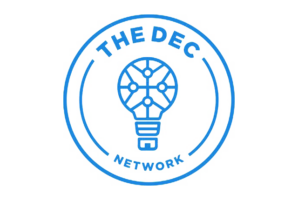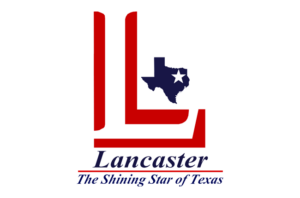Emerging research shows, “Yes, college is worth it,” in terms of earnings potential, according to economic analyst Navi Dhaliwal.
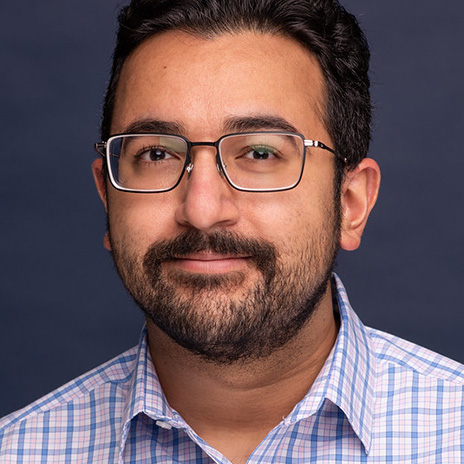
Navi Dhaliwal
Dhaliwal leads the Research Institute at Dallas College’s return on investment studies. The analyst created an economic mobility index for two-year colleges he calls the EMI2.
Now, through a new calculation method, institutions can be ranked by the economic mobility they provide to low-income students.
“Students pursue college for many reasons, but economic influences like the opportunity to earn more money or advance one’s career are a major motivation,” Dhaliwal said in a statement.
ROI tools for students, parents, and education leaders
The institute’s interactive dashboard lets users explore ROI across different institutions, programs of study, and demographic groups across the U.S.
The new tool can help students, parents, and education leaders better understand the value of colleges and universities, the college said in a news release. The ROI tool was devised with a special focus on equity by considering multiple demographic factors.
It focuses heavily on return on investment for students, the college says. The new tool was built to help answer the question: “Is college worth it? And, specifically, is Dallas College worth it?”
Part of the institute’s mission is to evaluate the role of a Dallas College education on economic mobility.
The tool relies on publicly available federal data from the U.S. Department of Education’s “College Scorecard” and survey data from the U.S. Census Bureau. The tool is meant to serve as a baseline for two- and four-year colleges in comparing outcomes across institutions.
So far, the research emerging from Dallas College offers a resounding, “Yes” from the perspective of earnings potential, Dhaliwal says.
A complete picture of the impact of education

Dr. Justin Lonon, the new Dallas College Chancellor. [Photo: Dallas College]
“As pillars of higher education entrusted with the public good, community colleges and four-year colleges need a complete picture of the impact their graduates have on society,” said Dallas College Chancellor Justin Lonon in a statement.
That starts with “an impartial look at public data”—and it’s why Dallas College has taken the “extraordinary step” of setting up the Research Institute, Lonon says.
The research and tools will help folks better understand the value proposition of community colleges nationally.
“Ultimately, we will help students and their families, as well as policymakers, understand what they can expect to get out of a community college education before making the leap,” Lonan said. “And not just at Dallas College.”
The ROI dashboard compares the economic value of colleges
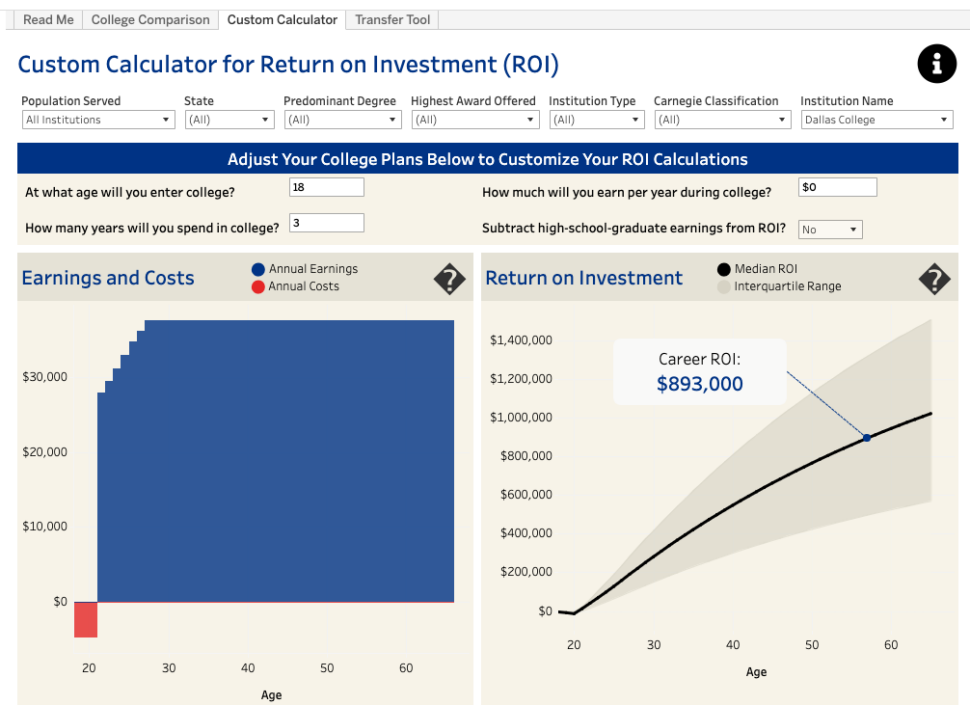
Tool tabs include a custom calculator for return on investment (above), college comparison tool, and transfer tool. [Screenshot: Research Institute at Dallas College]
Users of the institute’s interactive ROI dashboard can examine return on investment for various educational institutions, academic programs, and demographic groupings across the nation. Users may also calculate ROI using an integrated custom calculator depending on demographics like student age, completion time, and income from college.
The Research Institute’s preliminary research found that over 40 years, people who attend college—whether that’s a four-year or two-year institution—earn hundreds of thousands of dollars more on average than those who merely have a high school certificate. Depending on the institution, all major Texas community colleges provide an overall positive ROI ranging from $771,000 to $1.1 million.
This research is significant because of the responsibility of public institutions to ensure a positive return on the financial investments made by taxpayers and students. Community colleges, which typically serve a large percentage of low-income students, also have a responsibility to promote economic mobility, Dallas College says.
For that reason, the research program of the institute is built around student ROI and economic mobility.
In its study, “Does Community College Pay Off? An Initial Look at ROI in Texas,” the research institute analyzes Dallas College’s return on investment within the larger context of Texas community institutions.
The 40-year returns of institutions vary greatly, Dallas College notes.
Dallas College itself is at about the median at $893,000, the college reports. The majority of Dallas College students earn more than the minimum required by the Postsecondary Value Commission. On average, students may recoup the expense of their college education through better salaries than they could with just a high school certificate. Aggregate data, however, cannot adequately represent the “nuances” of student experiences, especially in settings as diverse as community colleges, according to the researchers.
There are distinct differences across students, depending on their unique qualities and area of study, as the report breaks down predicted ROI for several groups, the researchers note. Gender equity is an area where Dallas College stands out—Dallas College shows the smallest gap between male and female enrollment of all the institutions included in the investigation.
EMI2 economic mobility index
An economic mobility metric already existed to rank four-year institutions, Dallas College says. But there was a need to adapt popular methodologies to the context of community colleges.
The EMI2 economic mobility index for two-year colleges, incorporates multiple approaches to student ROI. Through its calculation method, institutions can be ranked according to the economic mobility they provide to low-income students.
Dallas College says the tool stands out due to its “granular appearance and adaptable style,” which also lets leaders in education and workforce development evaluate their policies and practices.
Student success is at the core of the Research Institute
The Research Institute at Dallas College pulls together research efforts from multiple sectors and regional partners to assess the long-term outcomes of Dallas College students and their impact on the Dallas-Fort Worth area.
The institute is housed within the college’s innovative Student Success Division to underscore its “continuous focus on student success.”
“The Research Institute at Dallas College is charged with creating action research for prospective and current Dallas College students,” said Dr. Beatriz Joseph, Dallas College Vice Chancellor for Student Success, in a statement.
“It’s one of the only research institutes embedded within a community college’s student success division.”
![]()
Get on the list.
Dallas Innovates, every day.
Sign up to keep your eye on what’s new and next in Dallas-Fort Worth, every day.

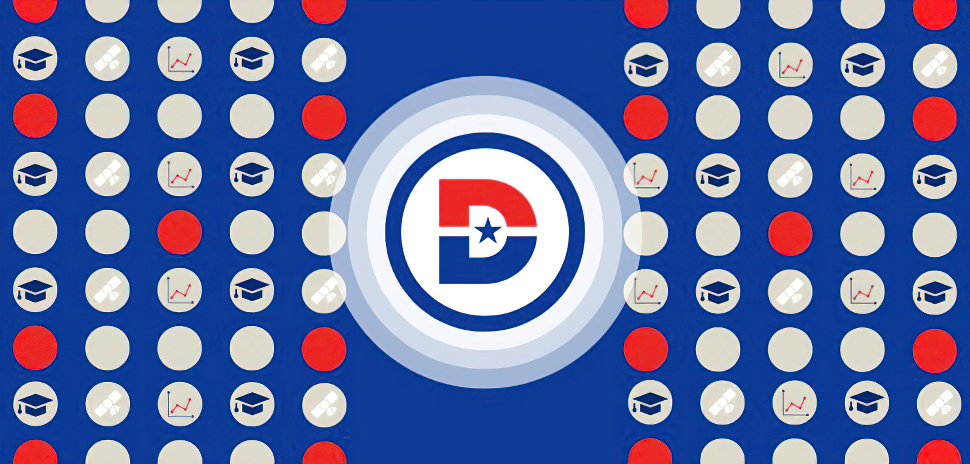
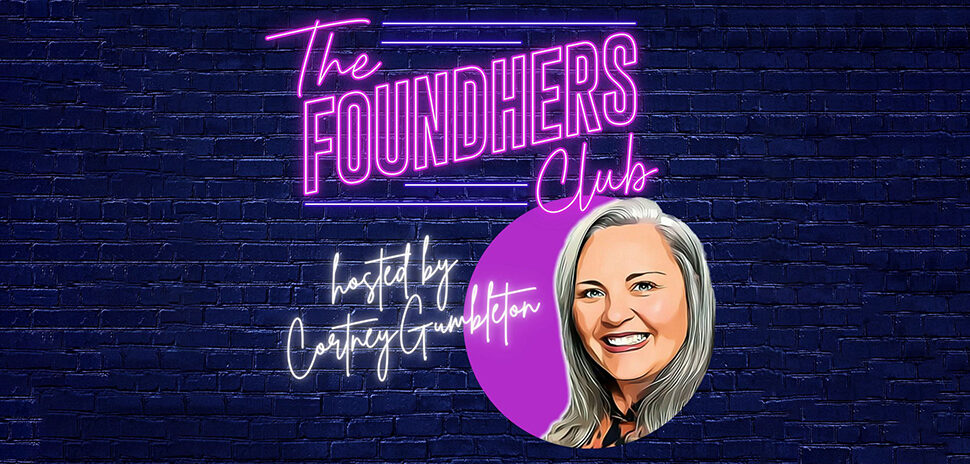
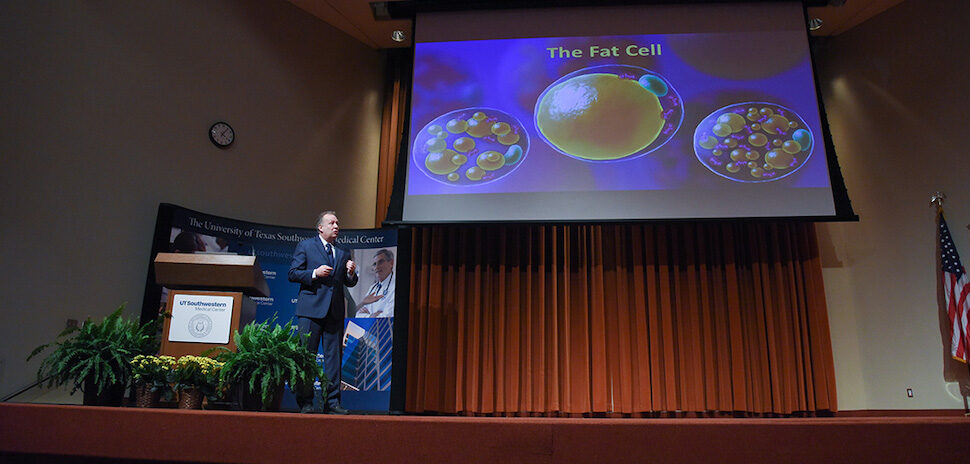
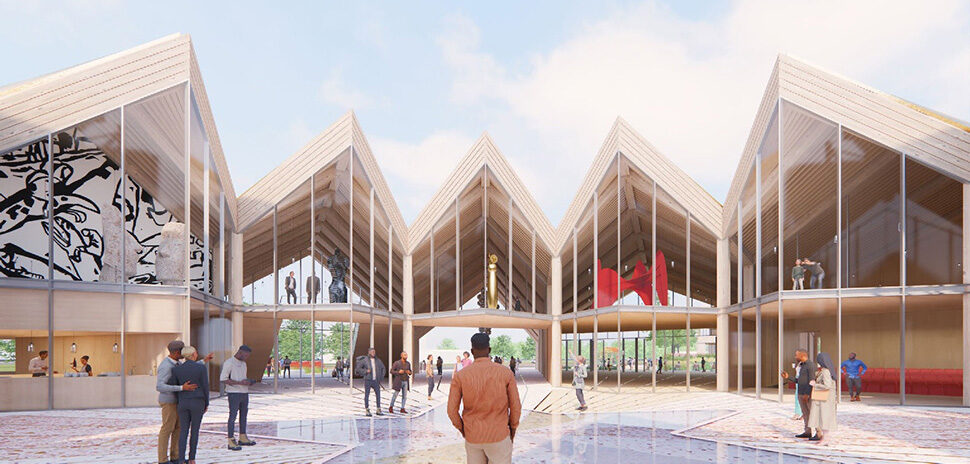








![Manufacturing Institute President Carolyn Lee delivers the annual State of the Manufacturing Workforce Address at NTT DATA's North American headquarters in Plano on Feb. 25, 2026. [Screenshot/NAM YouTube]](https://s24806.pcdn.co/wp-content/uploads/2026/02/Carolyn-Lee.png)












